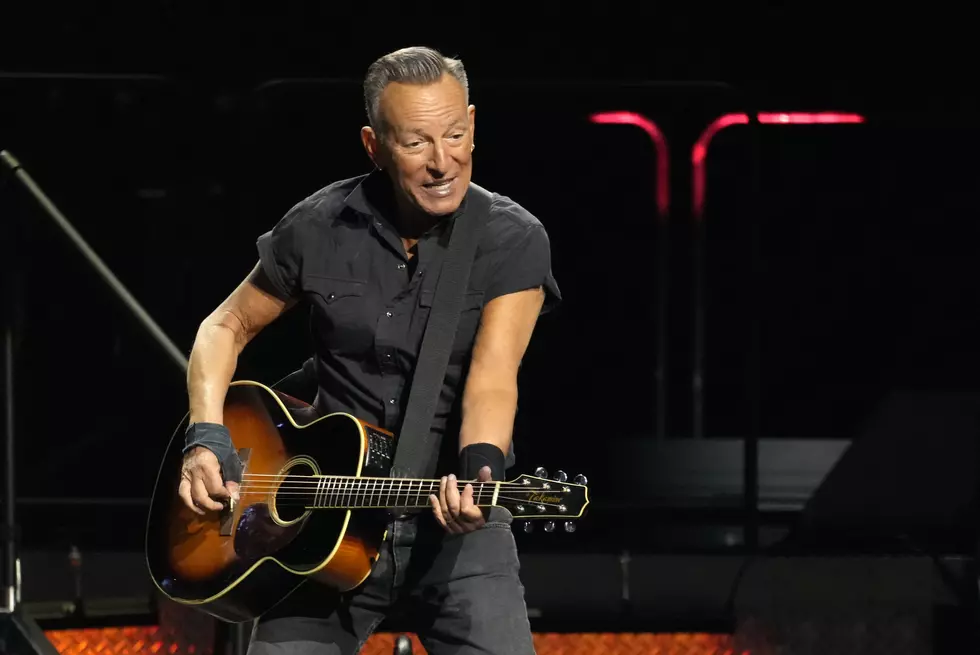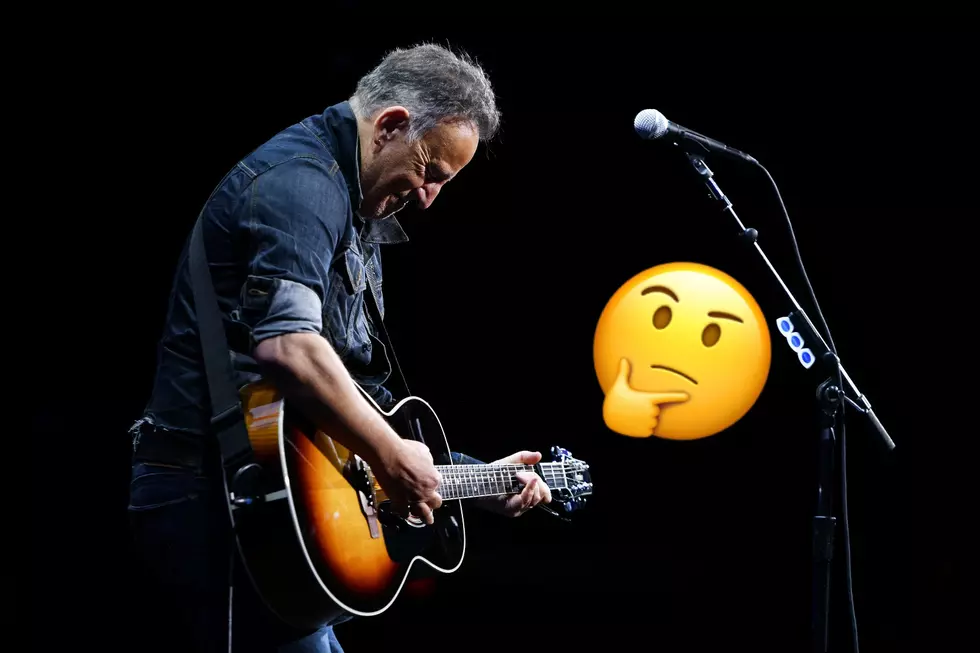![Fighting Back Against Ticket Ripoffs [AUDIO]](http://townsquare.media/site/385/files/2013/06/163935656.jpg?w=980&q=75)
Fighting Back Against Ticket Ripoffs [AUDIO]
If you're tired of paying outrageous prices for a concert, a Boston based entertainment company is looking to combat ticket-ripoffs by using crowd funding.
Roaring Twenties entertainment is trying to popularize crowd funding as a way to beat scalpers, third party dealers (like StubHub), and credit card companies from getting access to as much as 60 percent of tickets before the general public, forcing fans to pay exorbitant prices for tickets in mark ups.
Andrew Breuninger, founder of Roaring Twenties Entertainment, says their system allows investors to essentially hold a place in line, claiming their spot to buy a ticket.
"What you're doing with crowd funding is you're not actually purchasing a ticket yet, you're buying a personal order discount and we would use a ticket service to offer the tickets to the people who bought the discounts first"
The first show the company is looking to put on with this method is none other than Garden State legend Bruce Springsteen, who they hope to book for a 2014 show at High Point Solution Stadium in Piscataway-with all promoter profits going to a charity of the Boss' choice.
Purchasing options range from $10 "Bring Back Bruce" options, which only guarantee a poster from the event, to $20,000 "Meet and Greet" packages. However, the majority of the crowd funding effort is geared towards forty and sixty dollar investments which offer 50 and 80 percent discounts on all tickets purchased, respectively.
Breuninger points out, the 2012 initial ticket prices for a Springsteen show at Citizens Bank Park in Philadelphia were $68, $82, and $96, meaning those who reserved their spots could be paying as low as $14, $16, or $19 for a ticket.
Crowd funding has become a popular way for inventors, artists, and anyone with an idea to circumvent the traditional funding sources and instead allow the public to become involved with low cost investments.
Breuninger notes crowd funding is beneficial for ticket buyers because they are guaranteed a chance to get tickets at a reasonable value, and it helps smaller promoters who can't afford to take huge financial risks.
"At the end of the day it helps independent promoter because they know the demand beforehand, so they don't lose their shirt if they end up fronting a lot of cash and the show ends up being a flop."
He does note, one downside to the crowd funding aspect is it's "all or nothing" when it comes to raising the funds. Meaning if they fall short of their one and a half million goal, the Bruce Springsteen concert can't happen.
More From New Jersey 101.5 FM









